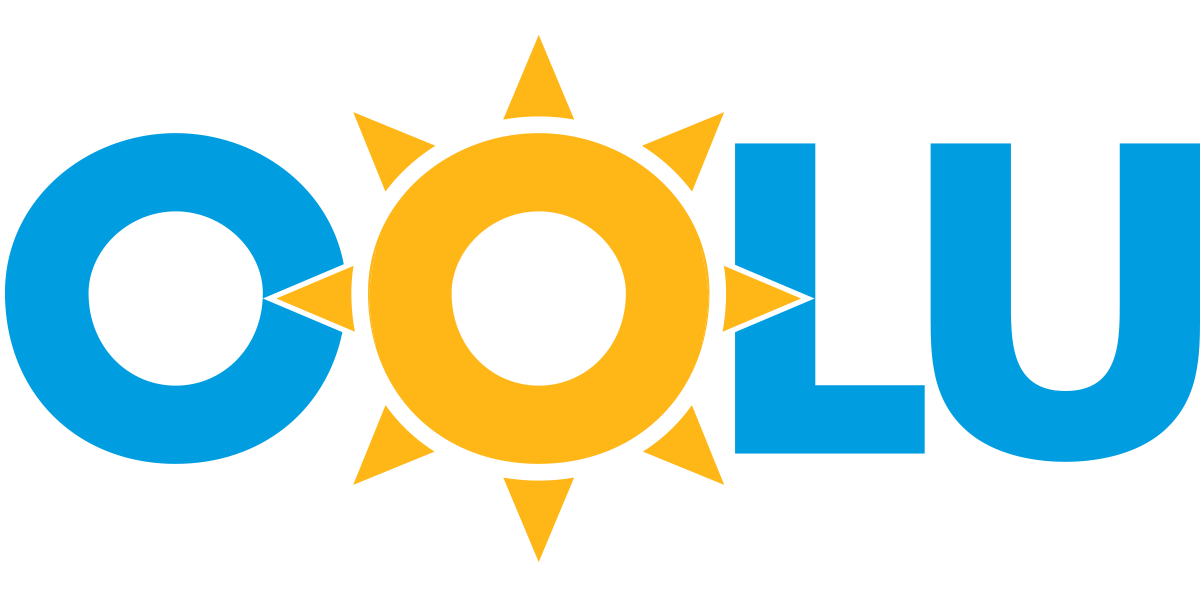How the pandemic and Russia-Ukraine war impacted the solar home systems (SHS) market in West Africa underlines why SHS are needed more than ever.
Oolu Executive Blog Series - Momar Ndiaye, Managing Director, Oolu Francophone
Between 2015 and 2020, the solar home system (SHS) market in West Africa grew rapidly as the falling costs of solar products and spread of pay-as-you-go business models enabled off-grid, low-income and underserved populations to access electricity for the first time. Since 2020, this growth has slowed due to Covid-19 and the Russia-Ukraine war, negatively impacting the SHS supply chain, last-mile operations and end-user incomes.
However, these external crises also underline the need for SHS and why West African governments must support the industry if they want to achieve SDG7.
The impact of external crises on SHS in West Africa
SOURCE: GOGLA
From movement restrictions to supply chain issues, the pandemic adversely affected the sales trajectory of solar home systems in West Africa. Although sales started to recover towards the end of December 2021 - there was a 23% increase compared to the first half of 2021 - the Russia-Ukraine War has once again ignited supply-side and demand-side issues in West Africa.
Supply chain delays
Increases in costs in the supply chain affect suppliers’ unit margins, the final consumer price, and lead to long inventory lead times resulting in stock-outs or product shortages (as delivery cannot keep up with sales). Since Covid, the average time to deliver a container of solar units from China to a West African warehouse grew from 4 months to 7.5 months, while the cost of shipping a container increased from $3,000-$4,000 pre-Covid up to $12,000.
Operational restrictions
From international travel bans and national travel restrictions to stay-at-home orders and curfews, Covid regulations affected the ability to sell, install, maintain and take payments for SHS. In particular, it was difficult for last-mile delivery businesses to dispatch inventory, train technicians and properly service its customers base. However, the Russia-Ukraine war has exacerbated these operational problems by doubling the cost of transport, with the rise in global oil prices not only increasing shipping costs again, but also the price of gasoline and/or diesel required for motorbike deliveries to the end-consumer. This also inflates the price of everyday essentials, which diminishes end-users’ purchasing power.
End-user insecurities
On average, demand for SHS in West Africa remained strong post-Covid despite falling economic activity and the greater risk of job losses among end-users, underlining the importance of solar home products to customers’ lives. Yet, the increase in global food prices (especially for staples such as grain), as well as fertiliser and gas prices, have disportionately affected SHS customers’ ability to pay for energy. Increased inflation and greater financial instability has caused end-users to make hard decisions and prioritise food over energy.
SHS are needed more than ever
Herein lies the crux. The knock-on effects from these external crises would be minimised if more West African people had access to their own clean energy. Having a SHS protects the most vulnerable populations from global oil prices (i.e. no need to pay for a diesel generator if you use a solar generator) and helps minimise food scarcity (i.e. solar water pumps for irrigation or solar refrigeration for longer-lasting perishables).
West Africans must seize the opportunity to become more resilient and self-sufficient. According to the International Energy Agency (IEA), Africa has access to 60% of the best solar resources in the world, but currently holds just 1% of solar PV capacity. To improve the lives of citizens, West African governments should therefore actively support the standalone solar industry by exempting solar products from import duty and VAT to minimise the price rises and also offering access to more working capital to ease the supply chain strain.
To achieve SDG7, West Africa must focus on standalone solar. These external crises have shown why it's now even more important.
Momar Ndiaye, Managing Director, Oolu Francophone


